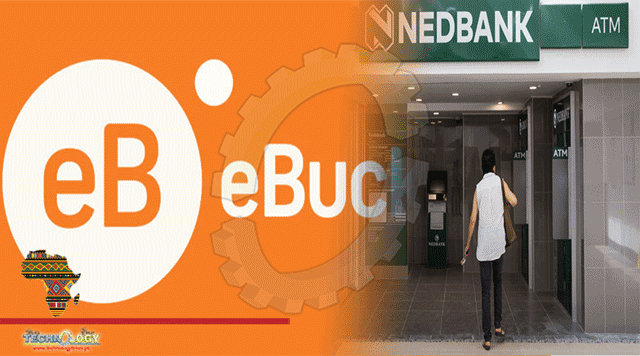Report Outlines Some Stark Differences In Bank Charges Between Absa, FNB, Standard Bank, Nedbank And Capitec Across Profile.

Union Solidarity has published its latest annual Bank Charges report, which compares the fee structures of South Africa’s biggest banks according to different user profiles. While the Report Outlines Some Stark Differences In Bank Charges Between Absa, FNB, Standard Bank, Nedbank And Capitec Across Profile, it also gave particular focus to the banking groups’ rewards programmes. These programmes – often tied to middle- and upper-market accounts – are a big draw card for customers who look to get additional value from their banking transactions.
According to Solidarity, among clients with more complex transaction profiles, actual bank charges fall further down the priority list when looking for bank accounts, and instead look at value adds and rewards to determine where they would like to bank. FNB offers its eBucks rewards, with Standard Bank’s uCount and Absa’s rewards operating in a very similar way. Nedbank’s Greenbacks rewards are difficult to figure out, Solidarity said, as the bank doesn’t give a clear breakdown of how it actually works.
The group’s webpages state that clients can earn Greenbacks through swiping their card, managing their finances and adopting different products, but none of the rates are detailed. Solidarity said its comparison only takes publicly-available information into account. In comparing rewards programmes, Solidarity looked at a banking profile of someone who earns R32,000 a month, paid directly into their account. The account profile is a transactional account without an overdraft, a credit card, a home loan, and follows the bank’s guidelines for saving and rewards.
“The suggested customer also makes electronic payments rather than visiting a branch. Where the bank suggests, for example, that a debit order be used for making the credit card payments, this will be used. “The person also has one online subscription service such as Netflix or Showmax. Because credit cards offer more rewards than debit cards, the imaginary purchases in these calculations will be paid for by credit card, except for “other debit card purchases” of R2,000,” it said.
Given this profile, the customer would be:
- eBucks level 4
- uCount level 3
- Absa Rewards level 3
FNB eBucks
On FNB eBucks, the imaginary consumer is on Level 4, which has fairly good rewards, getting back R463.20. “It should, however, be noted that on most of the transactions they are already over the limit of how much one can earn by, for example, filling uptheir car at Engen or buying groceries at Checkers. Nonetheless, no other bank comes near this amount, at least not in terms of our methodology,” Solidarity said.
Standard Bank uCount
On Standard Bank’s uCount programme the consumer will be on Level 3, getting back R174.30. Standard Bank uCount is also based on the principle that points, in this case in rands, are earned and may then be used with the uCount Rewards Card at participating stores. “Although this looks like an ordinary debit card, the bank specifies at what stores and suppliers the card may be used,” Solidarity said.
Absa Rewards
With Absa, the suggested customer will reach Level 3 on Absa Rewards. This means they will get back 0.3% and 0.75% on general purchases on their debit card and credit card, respectively. This translates to R118.50 in the transactions made here. Absa Rewards’ preferred filling station is Sasol, with rewards of 0.75% and 2.5%. With participating grocery stores it is 0.5% and 2.5%, and with Dis-Chem 0.75% and 2.5%.
“The more products a customer uses, the higher the level at which rewards are calculated. Customers may then switch their points to rands, which are deposited in their accounts. Points may also be donated to various welfare organisations,” Solidarity said.
Nedbank Greenbacks
Linking Greenbacks to an account costs R23 per month. Nedbank’s preferred filling station is BP, where one gets back 25 cents per litre. Customers also earn points for every R10 spent on a card. Points are also earned for debit orders, etc, but it is not clear exactly how much. “Greenbacks consumers may also get discount with many traders and service providers by means of coupons on the Greenbacks app,” Solidarity said. “36 Greenbacks are equal to R1. You get about four Greenbacks for every R10 spent if the American Express card is used.” Because Nedbank does not specify preferred traders, all transactions excluding fuel were calculated using this formula.
Capitec
Capitec does not have a formal rewards programme, thus was excluded from the comparison. However, the group does have some discounts on products and services through Live Better Benefits. The group also announced a new partnership with Shell V+ to reward its customers with 20 cents back per litre when filling up with petrol. This new partnership does not require any sign-on or monthly charges, with money back loaded onto the Shell V+ wallet when swiping with both a Capitec and Shell V+ card.
This news was originally published at Business Tech.